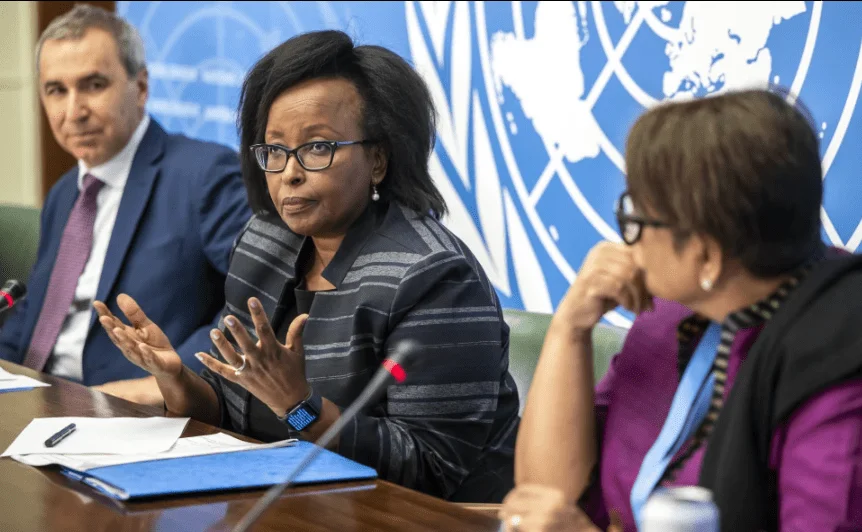Ethiopia is poised to lose key trading privileges with the United States on January 1, 2022, due to human rights concerns, despite last-minute efforts by members of the Ethiopian diaspora who warn that Washington could lose a crucial ally in the region.
On November 2, 2021, US President Joe Biden announced the removal of Ethiopia from the African Growth and Opportunity Act (AGOA), citing “gross violations” in the year-long war with Tigrayan rebels. Ethiopia, a longtime US partner and Africa’s second most populous country, has been a beneficiary of AGOA since 2000, which grants duty-free access for most goods.
The Ethiopian government has lobbied hard against this decision, estimating that one million jobs have been directly or indirectly supported by AGOA. Some US lawmakers, including Senator Chris Van Hollen and Representative Karen Bass, have urged Biden to reconsider, arguing that the move could be counterproductive and harm vulnerable Ethiopians without contributing to ending hostilities.
Critics of the decision also warn that it could push Ethiopia closer to China, potentially strengthening Beijing’s economic foothold in the Horn of Africa. The Ethiopian-American community, estimated to be between 250,000 and one million strong, has been increasingly vocal about the conflict and the potential loss of trade privileges.
The US concerns extend beyond reaching a ceasefire in the Tigray conflict. Reports of mass killings, sexual violence, and hunger have emerged from the region, with thousands dead. The US government, along with the UN and rights groups, accuses the Ethiopian government of deliberately hindering aid delivery to northern regions where millions face famine-like conditions.
Prime Minister Abiy Ahmed launched an offensive in November 2020 after the Tigray People’s Liberation Front (TPLF) attacked army positions. While the TPLF made significant advances in 2021, threatening to march on the capital Addis Ababa, they had withdrawn to their Tigray stronghold by December 20, with the government promising no further advance.
Biden has also removed coup-hit Mali and Guinea from the AGOA pact, stating that the three countries could re-enter if they address the concerns raised. However, many in the Ethiopian diaspora remain convinced of bias against Prime Minister Abiy, who was elected in 2018 on promises of unity and won the Nobel Peace Prize in 2019.
As the January 1 deadline approaches, it remains to be seen whether last-minute diplomatic efforts will sway the US decision or if Ethiopia will indeed lose its AGOA trade privileges.























